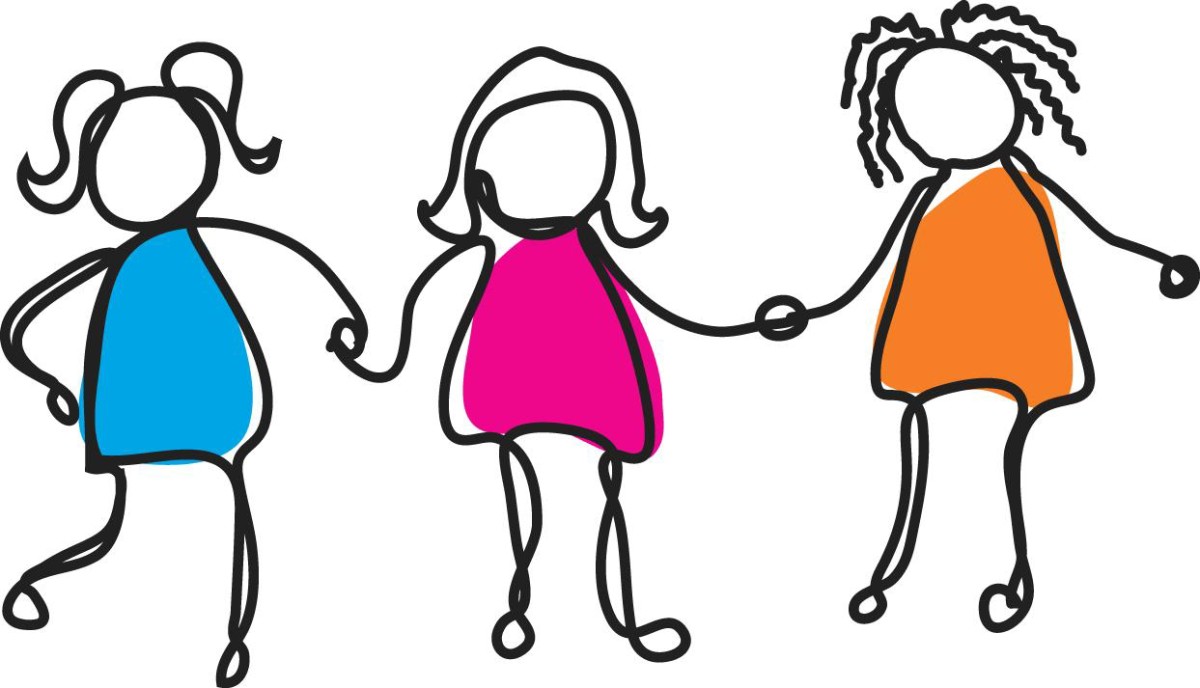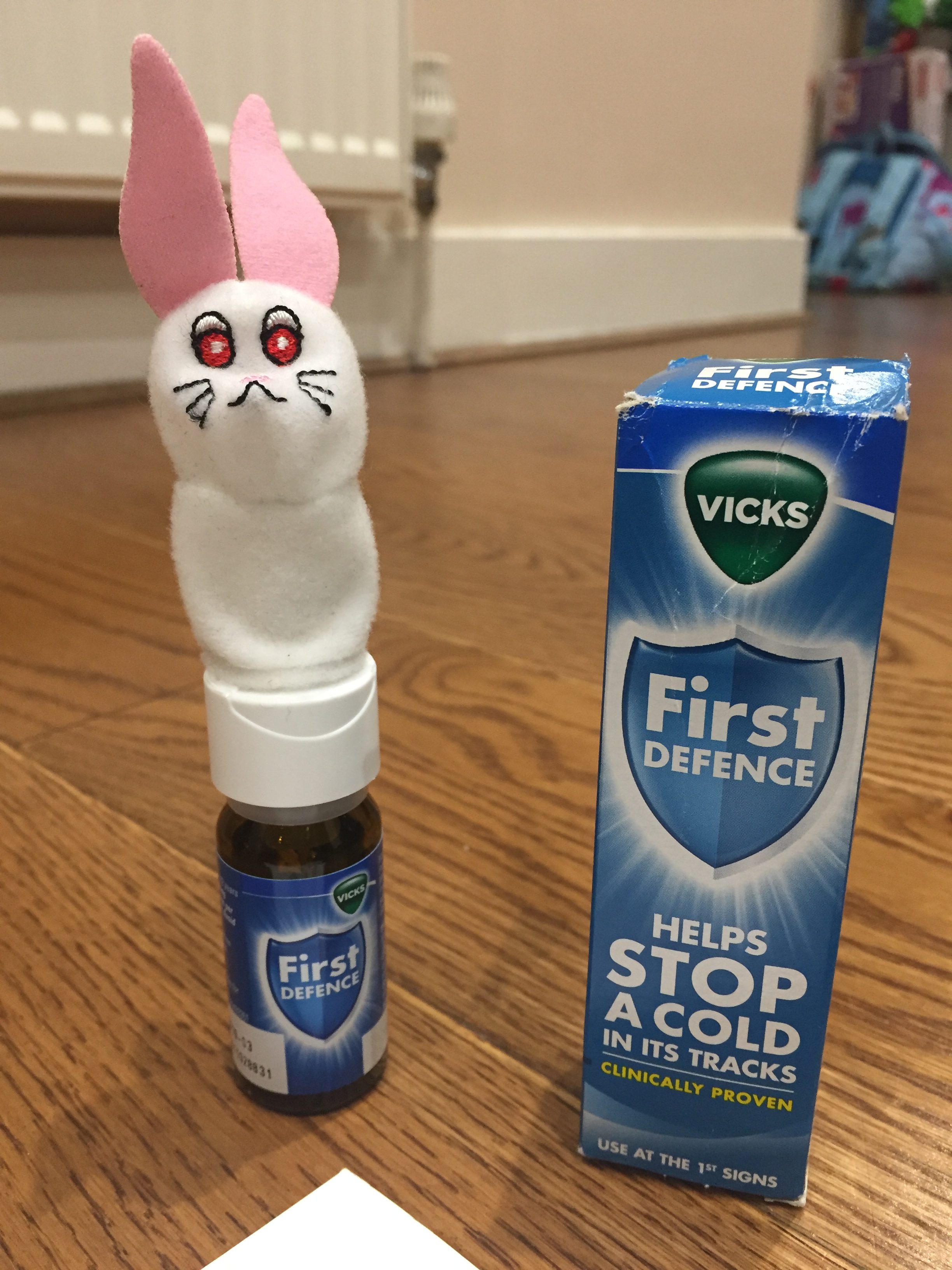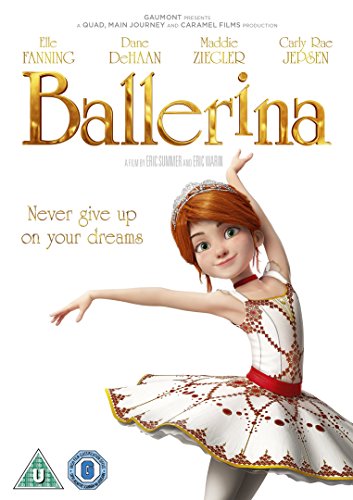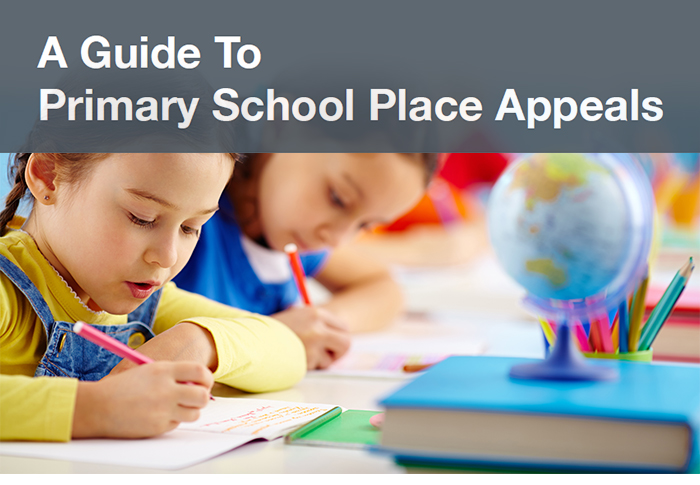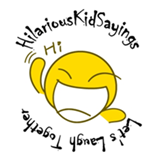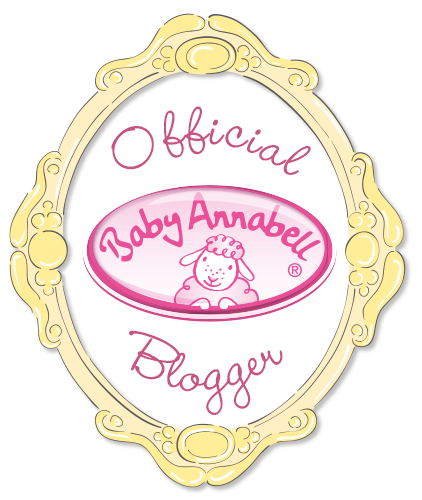Every child’s first teacherand the role model is the parents & a child, most times, just imitates the parents
A child’s behaviour usually decides how comfortable they are in making friends. And you can generally categorise them in two big groups – Chatty and confident, Shy and Observant children.
Learning how to make friends is one of life’s most important skills and it is one that develops very early on
My little one just started Nursery this September and though she is Chatty, confident and makes friends really quickly and easily, most days, on our way back from school, I hear the complaint that her best friend was too naughty and didn’t play with her nicely! You know why? it’s because, that little friend didn’t want to play what mine actually wanted to play with her. The main reason is the little children don’t understand everything in the same way as we do and often change their mind. “That’s why it is easy to distract them”. Regardless of the complaint, I found out from the teacher that she is happy playing with her “Friends” and take turns and hence the teacher had never seen it as a problem. But it is not the same with all the children and especially the children who are shy.
There are some good tips from Dr Angharad Rudkin, a psychologist who has worked with children, adolescents and families for over 15 years.
How to help your child to make friends
If you have a quiet, shy child, you need to take care in how you introduce them into new social settings. You need talk to them and encourage them to play with other children and give them time to watch what other children are playing. As your child “warms up” they will be happier to move away from you and play with other children, and once they have built up some friendships in that setting, they will feel far more comfortable.
The majority of learning at this age occurs through watching and imitation. So, it is very important that you model positive friendships to your child from the very start.
Encourage play dates and you can make the play dates shorter rather than waiting for a long time for your child to make best friends. Finally, don’t expect the path towards friendship to run smoothly. There are a lot of mistakes to be made, and these are necessary for children to grow into adults who know what to do and what not to do when it comes to making friends.
Concept of Best Friends
Don’t expect your child to have best friend. It takes time for them to form a pattern of play time with someone and getting used to the changes. Mine was talking about “Girl No 1” for the first few months as her “Best friend” and now, she hardly mentions her in our conversations and we have a new “Girl No 2” in picture.
They won’t always get on with their best friends, and infact may squabble with them quite a bit. However, their connection means that they make up easily and are quick to forget what made them cross.
It’s not only with little children but also the older ones. If one day, my older one doesn’t mention anything related to her best friend (They are actually the BEST FRIENDS), then that surely means, Something went wrong and she will look upset until they catch up again. As of now, their best slogan is
“We breakup, we catchup”
So, as much as you can, take your child’s lead in who they like and don’t like so that your child builds up their own skills in picking and making friends. If your child doesn’t have many friends, let alone a best friend, try hard not to pressure on them. Learn about your own child and use that knowledge to guide them, when needed, through the friendship process.
Encouraging Acceptance of Others
The next most important issue I see in the schools is, when children are found talking about skin colour and other aspects of the culture and eventually that leads to bullying.
Being the same as someone is comforting to a little child. However, help your child to understand that although someone might look different, talk differently, dress differently or just do things differently, there are still a lot of similarities. Encourage your child to spend time with a wide variety of people so that they can build up their confidence.
Pre-school children are full of “why?” questions. Many times, being busy with too many things, I tend to build up the answers just to take her attention away. But, never do that. There is nothing wrong in accepting the truth that “You don’t know the right answer” and infact,
it helps the children to learn the best thing in life – Not to lie and then carry on building lies just to hide that one particular lie
Use story books or TV programmes to start conversations with your child about differences and similarities and how it is important to accept yourself. Embrace your child’s individuality – just because you think pink spots and red stripes don’t go together, it doesn’t mean your child does. Let them explore and experiment – then they will grow up to be more in tune and more accepting of who they really are.
I have seen a new toy from vTech when I had been to the Toy Fair – It is the “vTech Toot Toot friends that helps children to learn about social skills such as turn taking and communicating. It is one of the Top 12 Christmas toys and could be the best buy as Toys now a days play a major role in helping child to be interactive and socialise.
About Angharad Rudkin
Dr Angharad Rudkin is a clinical psychologist and Associate Fellow of the British Psychological Society and has worked with children, adolescents and families for over 15 years. Angharad teaches Clinical Child Psychology at the University of Southampton and regularly writes for national newspaper and magazines. She has also appeared on television and radio as an expert on child and family issues.

